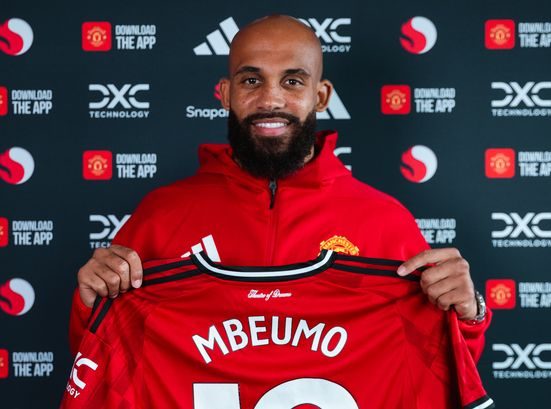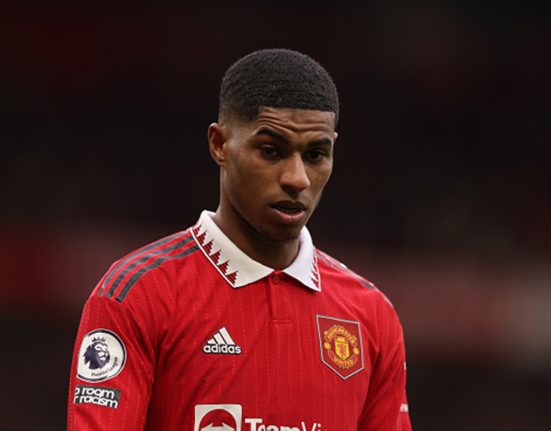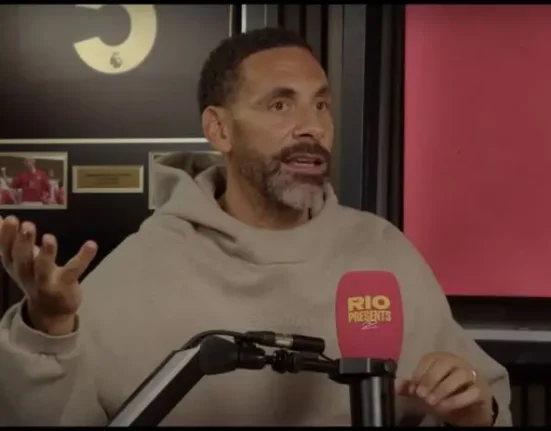There are growing concerns in football circles over the future of Portuguese tactician, Rúben Amorim, at Manchester United, as respected football journalist Henry Winter has subtly hinted that the manager’s public commentary might be undermining his tenure at Old Trafford.
Winter, writing in The Times, expressed that while Amorim may possess the technical brilliance to lead a club of Manchester United’s magnitude, his tendency to speak freely in the media could backfire. According to him, managers who do not master the political nuances of a dressing room as charged as United’s, or who fail to maintain a calm relationship with the press and upper management, often find themselves under pressure sooner rather than later.
“It’s great for us but sometimes managers talk too much,” Winter wrote, noting that while the media benefits from openness, football clubs—especially those as scrutinised as Manchester United—do not always take kindly to offhand remarks that could stir controversy or hint at internal tension.
This development comes amid Amorim’s efforts to stabilise a United side still finding its feet after several transitional seasons. Having arrived from Sporting Lisbon, where he enjoyed notable success including a Primeira Liga title in 2021, the 40-year-old is expected to bring identity, discipline, and attacking intent to a squad craving consistency.
However, recent post-match press conferences and interviews have raised eyebrows, with Amorim candidly addressing issues like player performances, dressing room mentality, and even his own tactical missteps. While many applaud his honesty and transparency, others within the club hierarchy are reportedly less enthusiastic.
In the English Premier League, where the pressure cooker environment makes patience a luxury, club executives often seek managers who can keep internal matters in-house, especially when results begin to wobble. Manchester United, once led by the famously guarded Sir Alex Ferguson, has long favoured a culture of controlled communication.
Sources close to Carrington suggest that while Amorim still enjoys backing from top executives, there is growing awareness that his words carry weight—and repeated public analysis of internal affairs could become a liability if not managed carefully.
With the new season still young and United yet to hit top gear, Amorim’s tactical project remains very much in progress. But as Winter’s warning implies, the Portuguese manager may need to refine his approach off the pitch if he hopes to avoid the all-too-familiar revolving door that has consumed several of his predecessors since Ferguson’s retirement in 2013.
At a club where expectations are sky-high and tolerance for turbulence is minimal, even subtle missteps—especially in front of the cameras—can prove costly. For Rúben Amorim, a man hailed for his tactical intelligence, the next challenge may not be just about winning matches, but also mastering the press room.







